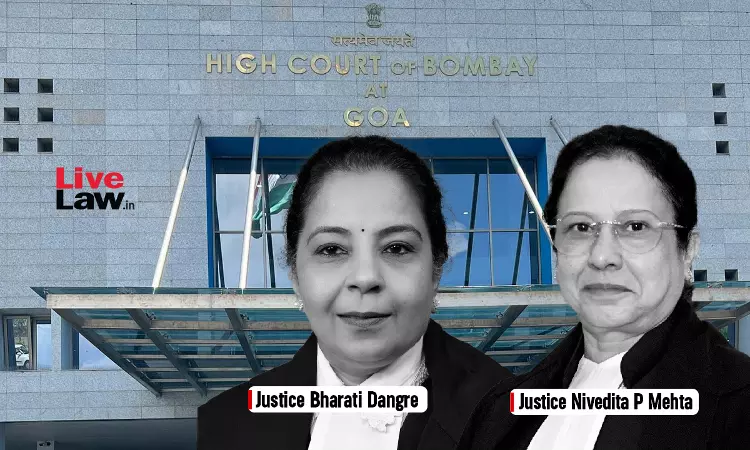- Home
- /
- High Courts
- /
- Bombay High Court
- /
- Delegating Procedure For Assessing...
Delegating Procedure For Assessing Levy & Collection Of Cess To Executive Is Not Excessive Delegation: Bombay High Court
Saksham Vaishya
16 Oct 2025 12:00 PM IST
The Bombay High Court has held that delegating the procedure for assessing, levying, and collecting cess to the executive under the Goa Cess on Products and Substances Causing Pollution (Green Cess) Rules, 2014, does not amount to excessive delegation of legislative power. The Court observed that since the parent statute clearly lays down the legislative policy, taxable transaction, and...
The Bombay High Court has held that delegating the procedure for assessing, levying, and collecting cess to the executive under the Goa Cess on Products and Substances Causing Pollution (Green Cess) Rules, 2014, does not amount to excessive delegation of legislative power. The Court observed that since the parent statute clearly lays down the legislative policy, taxable transaction, and rate structure, empowering the executive to frame procedural rules for its implementation is constitutionally valid.
A Division Bench of Justice Bharati Dangre and Justice Nivedita P. Mehta was hearing a batch of writ petitions filed by South West Port Limited and JSW Infrastructure Limited, challenging, among other things, the constitutional validity of Rule 3 of the 2014 Rules.
The Court held that the Goa Cess on Products and Substances Causing Pollution Act, 2013, provides sufficient guidance by specifying the products and substances attracting cess, and the cap on cess rates under Section 4. It observed:
“… the Cess Act has defined the products and the substances that are the cause of pollution. Section 4 of the Act clearly prescribes the levy at such a rate which will be determined by the State Government but not exceeding 2% of the sale value, and it also provides for the act which would result in pollution i.e. handling, utilization, consumption, combustion, transportation or movement of the products and/or substances identified by the statute to cause pollution.”
The Court observed that delegation under Rule 3 is confined to procedural details of implementation, including the procedure for assessing levy and collection of the cess to the executive, who shall be subjected to such levy, and from whom such cess shall be collected. It observed:
“Sub-Section (2) of Section 4, however, has left the procedure for assessing levy and collection of the Cess to the executive… Supplementing the aforesaid scheme is the power in the competent authority directing a person to pay, in addition to the Cess assessed, a penalty as prescribed.”
The Court reiterated that while taxation is a legislative function, the delegation of the fixation of rates to the subordinate authority is permissible, provided the legislature provides sufficient guidance. Applying these principles, the Court concluded that Rule 3 was within the permissible scope of delegated legislation.
The Court, however, found that the show-cause notices issued to the petitioners for reassessment under the Act were arbitrary and lacked the required “reasons to believe.” It therefore quashed the reassessment notices but upheld the validity of Rule 3, rejecting the challenge of excessive delegation.
Case Title: South West Port Limited v. State of Goa & Ors. [Writ Petition Nos. 1533, 1534, 1535, 1536, 1538, 1540, 1541, 1542 & 1546 of 2025]



